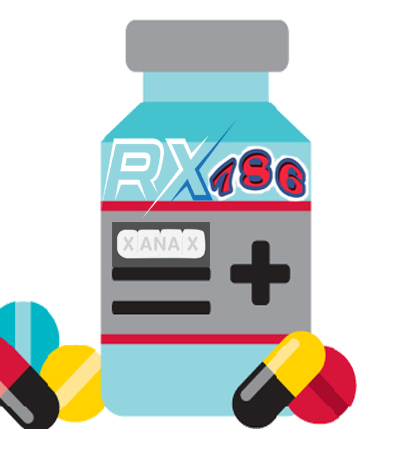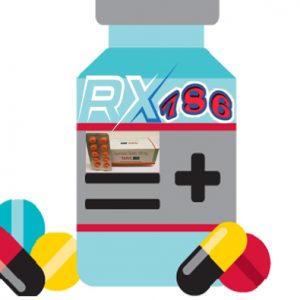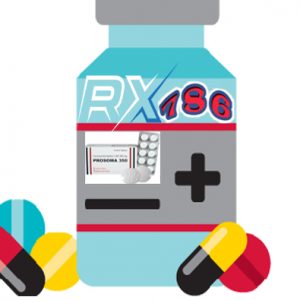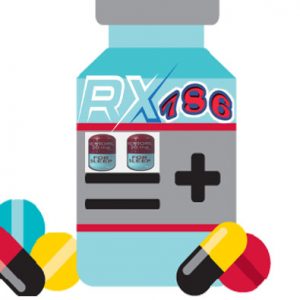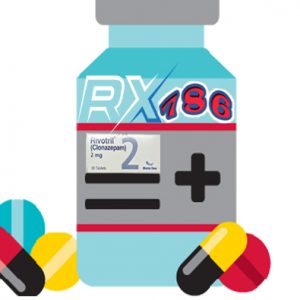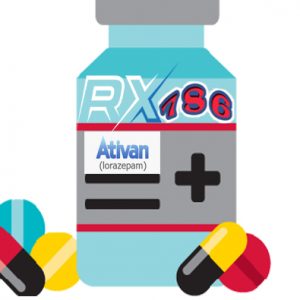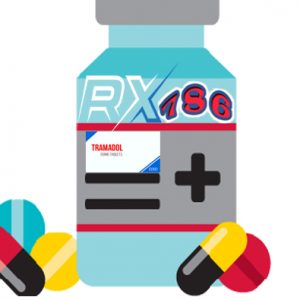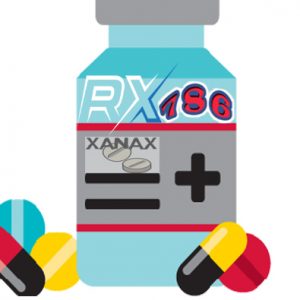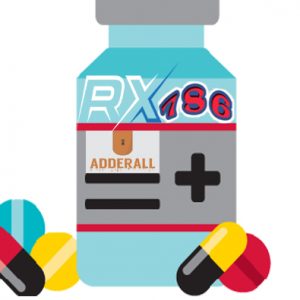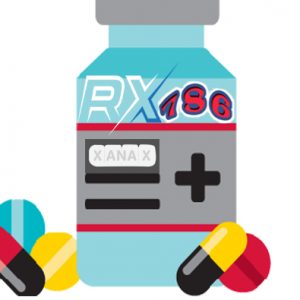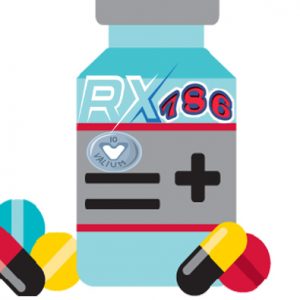Table of Contents
Many people who take Xanax recreationally, or without a prescription, describe the feeling as sedating or calming.
Unlike some drugs, such as cocaine, that produce a “high” or euphoric feeling, Xanax users describe feeling more relaxed, quiet, and tired. These feelings may lead to falling asleep or passing out for a few hours.
Some people have also reported memory loss or blacking out and not remembering what happened for several hours. Higher doses will have stronger effects.
Alprazolam (Xanax) belongs to a group of drugs called benzodiazepines. People use Xanax to treat anxiety and panic disorders. It is the single most prescribed psychiatric medication in the United States .
What is Xanax?
Xanax is an antianxiety medication in the benzodiazepine family. This is the same family that includes diazepam (Valium), clonazepam (Klonopin), lorazepam (Ativan), flurazepam (Dalman), and others.
Xanax works by decreasing abnormal excitement in the brain. The Food and Drug Administration (FDA) approved it in October 1981.
Xanax slows down the movement of brain chemicals that may have become unbalanced, resulting in a reduction in nervous tension and anxiety. Xanax works by boosting the effects of a natural chemical called gamma-aminobutyric acid, which is made in the brain.
Xanax is also used to treat panic disorders with or without a fear of places and situations that might cause panic, helplessness, or embarrassment (agoraphobia).
How to use Xanax
Read the Medication Guide provided by your pharmacist before you start taking alprazolam and each time you get a refill. If you have any questions, ask your doctor or pharmacist.
Take this medication by mouth as directed by your doctor. Dosage is based on your medical condition, age, and response to treatment. Your dose may be gradually increased until the drug starts working well. Follow your doctor’s instructions closely to reduce the risk of side effects.
Though it helps many people, this medication may sometimes cause addiction. This risk may be higher if you have a substance use disorder (such as overuse of or addiction to drugs/alcohol). Take this medication exactly as prescribed to lower the risk of addiction. Ask your doctor or pharmacist for more details.
What are the uses for Xanax?
Xanax is used for the treatment of anxiety disorders and panic attacks. Anxiety disorders are characterized by:
Unrealistic worry and apprehension
Symptoms of restlessness
Aches
Trembling
Shortness of breath
Smothering sensation
Palpitations
Sweating
Cold clammy hands
Lightheadedness
Flushing
Exaggerated startle responses
Problems concentrating
Insomnia
Xanax also is used for treating anxiety associated with panic attacks. Panic attacks occur either unexpectedly or in certain situations (for example, driving), and can require higher dosages of Xanax.
Side Effects
Drowsiness, dizziness, increased saliva production, or change in sex drive/ability may occur. If any of these effects persist or worsen, tell your doctor or pharmacist promptly.
To minimize dizziness and lightheadedness, get up slowly when rising from a seated or lying position.
Remember that your doctor has prescribed this medication because he or she has judged that the benefit to you is greater than the risk of side effects. Many people using this medication do not have serious side effects.
This is not a complete list of possible side effects. If you notice other effects not listed above, contact your doctor or pharmacist.
In the US –
Call your doctor for medical advice about side effects. You may report side effects to FDA at 1-800-FDA-1088 or at www.fda.gov/medwatch.
Overdose
If someone has overdosed and has serious symptoms such as passing out or trouble breathing, call 911. Otherwise, call a poison control center right away. US residents can call their local poison control center at 1-800-222-1222. Canada residents can call a provincial poison control center. Symptoms of overdose may include: severe drowsiness, slowed/reduced reflexes, slowed breathing, loss of consciousness.
What happens if I overdose?
Overdose symptoms may include extreme drowsiness, confusion, muscle weakness, loss of balance or coordination, feeling light-headed, and fainting.
What should I avoid while taking Xanax?
Avoid drinking alcohol. Dangerous side effects or death could occur.
Avoid driving or hazardous activity until you know how this medicine will affect you. Dizziness or drowsiness can cause falls, accidents, or severe injuries.
Grapefruit may interact with alprazolam and lead to unwanted side effects. Avoid the use of grapefruit products.
What other drugs will affect Xanax?
Taking Xanax with other drugs that make you sleepy or slow your breathing can cause dangerous side effects or death. Ask your doctor before using opioid medication, a sleeping pill, a muscle relaxer, prescription cough medicine, or medicine for depression or seizures.
Tell your doctor about all your other medicines, especially:
cimetidine;
digoxin;
birth control pills or hormone replacement therapy;
an antidepressant – fluoxetine, fluvoxamine, nefazodone;
an antibiotic – clarithromycin, telithromycin;
antifungal medicine – fluconazole, voriconazole; or
antiviral medicine to treat HIV/AIDS – indinavir, nelfinavir, ritonavir, saquinavir.
This list is not complete. Other drugs may interact with alprazolam, including prescription and over-the-counter medicines, vitamins, and herbal products. Not all possible drug interactions are listed here.
Precautions
Before taking alprazolam, tell your doctor or pharmacist if you are allergic to it; or to other benzodiazepines (such as diazepam, lorazepam); or if you have any other allergies. This product may contain inactive ingredients, which can cause allergic reactions or other problems. Talk to your pharmacist for more details.
Before using this medication, tell your doctor or pharmacist your medical history, especially of: severe lung/breathing problems (such as COPD, sleep apnea), liver disease, kidney disease, personal or family history of a substance use disorder (such as overuse of or addiction to drugs/alcohol), glaucoma.
This drug may make you dizzy or drowsy. Alcohol or marijuana (cannabis) can make you more dizzy or drowsy. Do not drive, use machinery, or do anything that needs alertness until you can do it safely. Avoid alcoholic beverages. Talk to your doctor if you are using marijuana (cannabis).
In certain individuals, the body may handle Xanax differently. This includes people who:
drink a lot of alcohol
have alcoholic liver disease
have impaired hepatic function
have impaired renal function
are older
have obesity
Allergies
People should not use Xanax if they are allergic to alprazolam or other benzodiazepines, such as:
chlordiazepoxide (Librium)
clorazepate (Tranxene)
diazepam (Valium)
lorazepam (Ativan)
oxazepam (Serax)
Alcohol
People should not drink alcohol while taking Xanax. Xanax can increase the effects of alcohol.
Pregnancy
People should not use Xanax if they are pregnant. Benzodiazepines can potentially cause harm to the fetus. During the first trimester, for example, Xanax increases the risk of congenital abnormalities.
